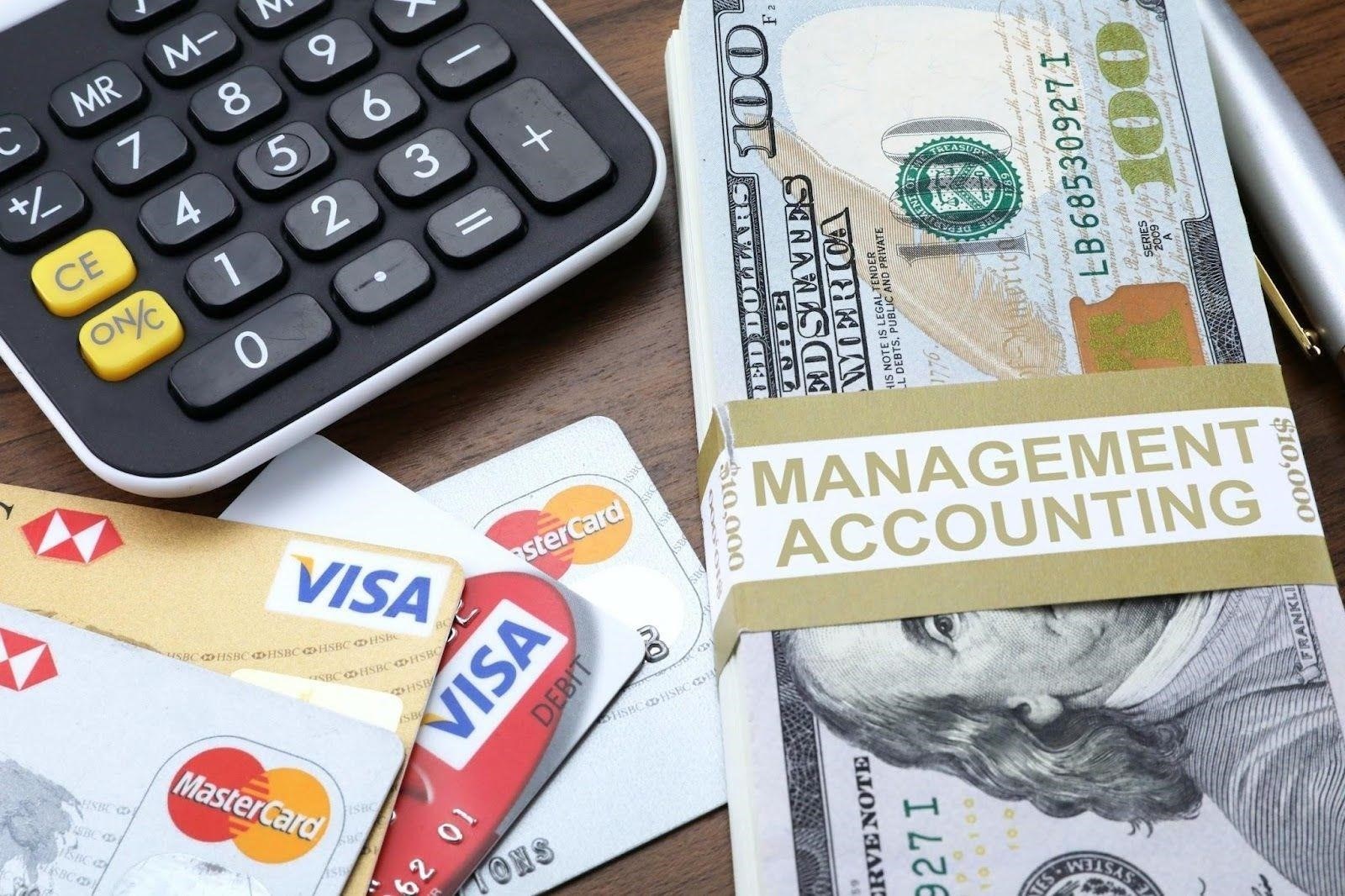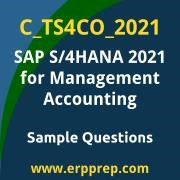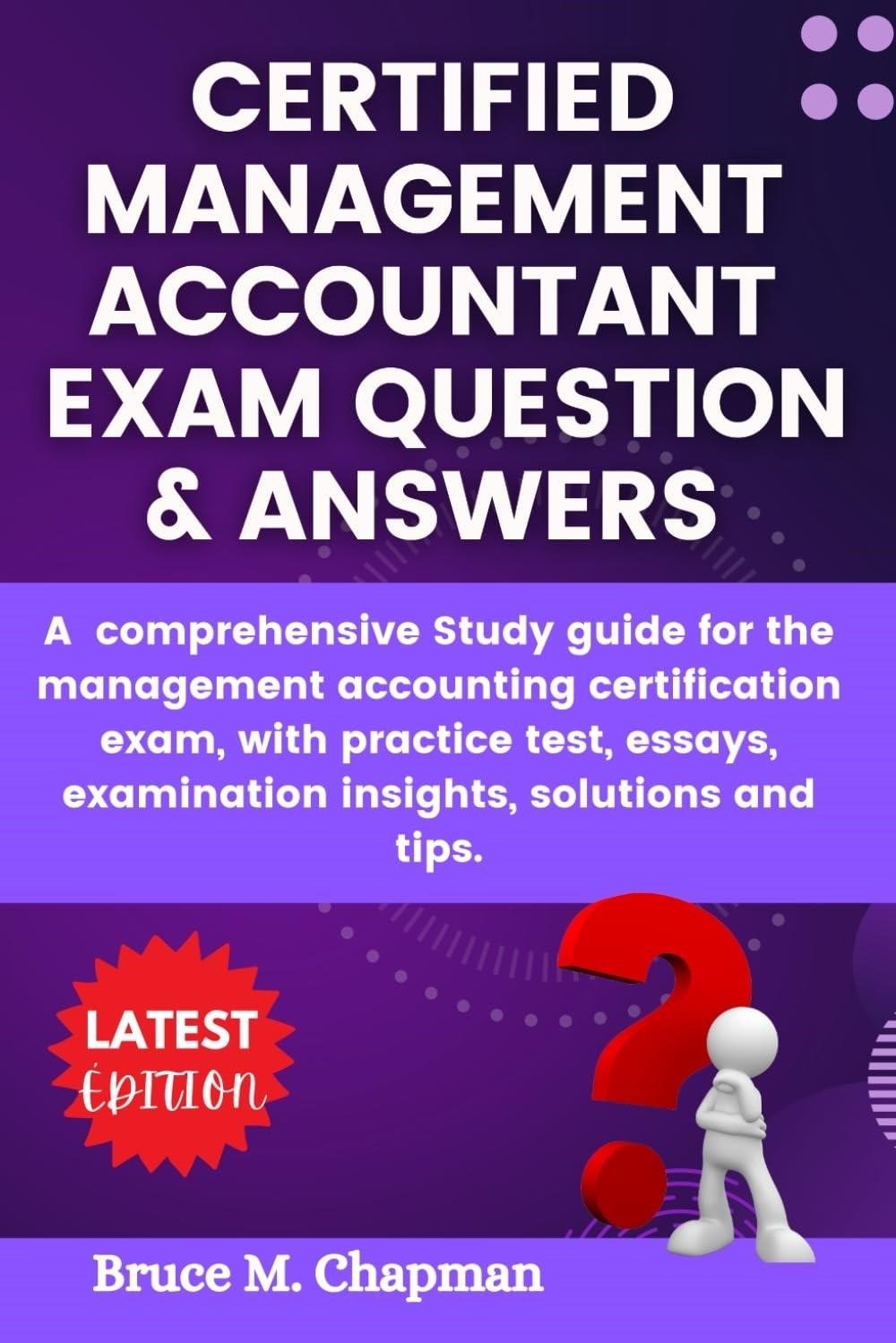
Certified Management Accountant (CMA) Study Guide PDF⁚ A Comprehensive Plan
This comprehensive guide provides a structured approach to CMA exam preparation. It includes essential resources, effective study strategies, and a personalized study schedule to maximize your chances of success. Access free materials and top-rated review courses for a well-rounded preparation.
I. Understanding the CMA Exam
The Certified Management Accountant (CMA) exam, administered by the Institute of Management Accountants (IMA), is a globally recognized certification signifying mastery in management accounting and financial management. Understanding the exam’s structure is crucial for effective preparation. It’s divided into two parts⁚ Part 1 covers financial planning, performance, and control, while Part 2 focuses on financial decision-making. Each part consists of 100 multiple-choice questions and a 3-hour time limit. A passing score of 360 out of 500 is required for each part. The exam tests a wide range of knowledge, including financial reporting, cost accounting, budgeting, performance evaluation, and risk management. Thorough preparation is key, encompassing a deep understanding of both theoretical concepts and their practical applications. Many candidates find the exam challenging; the average pass rate often hovers around 45%, highlighting the need for a dedicated and structured study plan. Familiarity with the exam’s content outline and question formats is essential for success. Candidates should also be aware of the resources available to support their preparation, including official study guides, practice exams, and review courses.
II. Essential CMA Study Resources
Success on the CMA exam hinges on utilizing high-quality study materials. The official CMA exam review course offered by the IMA is a comprehensive resource, providing in-depth coverage of all exam topics. Many reputable third-party providers also offer excellent review courses, often incorporating various learning styles through lectures, practice questions, and online platforms. These courses frequently include study guides in PDF format, offering a structured approach to learning and convenient access to materials. Supplementing these courses with textbooks focusing on management accounting principles is highly beneficial. These texts provide a solid foundation in the core concepts tested on the exam. Furthermore, consider incorporating practice questions and mock exams into your study routine. These resources are invaluable for identifying knowledge gaps and improving time management skills under exam conditions. Many websites and providers offer free CMA study materials, including formula guides and sample questions. Remember to evaluate the quality and relevance of any free resources before incorporating them into your study plan. A well-rounded approach combining reputable review materials, textbooks, and practice questions will significantly enhance your chances of passing the CMA exam.
III. Effective Study Strategies for CMA
Effective study strategies are crucial for CMA exam success. Begin by creating a realistic study schedule that accommodates your commitments and learning style. Consistency is key; dedicate specific time slots for studying each day or week, avoiding cramming. Active recall techniques, such as creating flashcards or summarizing concepts without looking at your notes, significantly enhance retention. Practice questions are invaluable; focus on areas where you struggle and review the explanations thoroughly. Spaced repetition, revisiting material at increasing intervals, reinforces learning. Consider using different learning methods⁚ reading, watching videos, listening to podcasts, and actively participating in online forums. Break down large topics into smaller, manageable chunks to avoid feeling overwhelmed. Regular breaks are essential to maintain focus and prevent burnout. Form study groups to discuss concepts, share insights, and test each other’s knowledge. Utilize mnemonics or other memory aids for complex formulas or concepts. Simulate exam conditions by taking practice tests under timed constraints. Don’t neglect self-care; ensure adequate sleep, nutrition, and exercise to support your mental and physical well-being throughout your studies. A structured, balanced, and adaptable approach will significantly improve your chances of success.
IV. Utilizing Free CMA Study Materials

While paid review courses offer comprehensive support, numerous free resources can significantly supplement your CMA preparation. Explore websites of professional accounting organizations like the IMA (Institute of Management Accountants) for free practice questions, articles, and study guides. Many universities and colleges provide free access to online lectures and study materials related to management accounting principles. Utilize online forums and communities dedicated to CMA exam preparation; these platforms offer valuable peer support, tips, and insights from those who have successfully completed the exam. Look for free webinars and seminars hosted by accounting professionals; these can offer targeted explanations of challenging concepts or efficient study techniques. Remember to critically evaluate the quality and relevance of any free material you find; ensure it aligns with the current CMA exam syllabus and content. Free materials should be considered supplementary resources, enhancing but not replacing structured study plans and comprehensive review materials. Combine free resources with your paid materials to get the most out of your preparation. The strategic use of free resources can significantly reduce costs without sacrificing the quality of your preparation.
V. Top-Rated CMA Review Courses
Choosing a reputable review course significantly enhances your chances of passing the CMA exam. Leading providers offer structured curricula, comprehensive study materials, and experienced instructors. These courses typically include interactive online lectures, practice questions mirroring the actual exam format, and personalized support. Consider factors such as course structure (live online, self-study, or a hybrid approach), the quality and comprehensiveness of study materials (textbooks, practice exams, etc.), instructor expertise and teaching style, and student support services (access to instructors, online forums, etc.). Read reviews from past students to gauge the effectiveness of different courses and to understand the overall learning experience. Top-rated providers often offer trial periods or sample materials, allowing you to assess if their teaching style and curriculum align with your learning preferences. Compare pricing and package options to select the best value for your needs. Remember to factor in the cost of materials and any additional support services when budgeting for your chosen course. Investing in a quality review course is a strategic move that can substantially improve your exam performance and increase your chances of success.
VI. Creating a Personalized Study Schedule
Developing a tailored study schedule is crucial for effective CMA exam preparation. Begin by assessing your current knowledge level and identifying areas requiring more focus. Divide the entire syllabus into manageable sections, allocating sufficient time for each topic based on its complexity and your personal learning pace. Consider incorporating diverse learning techniques such as reading, note-taking, practice questions, and mock exams. A balanced schedule should include regular breaks to prevent burnout and maintain focus. Prioritize consistent study sessions over sporadic cramming. Use a calendar or planner to track your progress and remain accountable. Regularly review and adjust your schedule as needed, based on your comprehension and progress in each section. Incorporate flexibility to accommodate unexpected events or periods of slower comprehension. Remember to schedule time for rest and relaxation to avoid exhaustion. A well-structured study plan, adapted to your personal needs and learning style, is key to effective preparation and successful exam completion.
VII. Mastering CMA Exam Content Areas
The CMA exam covers a broad range of management accounting and financial management topics. To master these areas, a systematic approach is essential. Begin by thoroughly reviewing the official CMA exam blueprint, understanding the weight assigned to each topic. This blueprint will guide your study efforts, ensuring you allocate sufficient time to high-weightage areas. For each content area, utilize a combination of study materials, including textbooks, online resources, and practice questions. Focus on understanding the underlying concepts rather than mere memorization. Develop a strong grasp of financial statement analysis, budgeting, cost accounting, and performance management techniques. Pay close attention to the application of these concepts to real-world business scenarios. Practice solving numerous problems to strengthen your analytical and problem-solving abilities. Regularly test your knowledge through practice exams to identify weaknesses and areas needing further review. Seek clarification on any confusing concepts through online forums, study groups, or your chosen review course. A deep understanding of the core principles and their practical application is crucial for success in the CMA exam.
VIII. Practice Questions and Exams
Consistent practice is paramount for success on the CMA exam. Incorporate practice questions and exams throughout your study plan. Begin with questions focusing on individual topics to reinforce your understanding of specific concepts. As you progress, transition to full-length practice exams simulating the actual exam environment. These full-length exams help you assess your overall preparedness, identify weak areas, and improve time management skills. Utilize a variety of question types, including multiple-choice, essay, and simulation questions, to prepare for the diverse formats used in the actual exam. Analyze your performance on each practice exam meticulously, understanding where you went wrong and why. Review the correct answers and explanations thoroughly. Don’t just focus on the correct answers; understand the reasoning behind incorrect choices to avoid similar mistakes in the future. Consider using practice questions from different sources, such as review courses, textbooks, and online platforms, to expose yourself to a wider range of question styles and difficulty levels. The more practice questions and exams you complete, the more confident and prepared you will be for the real exam. Remember to simulate exam conditions for the most effective practice.
IX. Time Management Techniques for the CMA Exam
Effective time management is crucial for success on the rigorous CMA exam. The exam’s structure necessitates efficient pacing and strategic allocation of time across different sections. Develop a realistic study schedule that accounts for all exam content areas while considering your personal learning pace and commitments. Prioritize topics based on their weight in the exam and your individual strengths and weaknesses. Break down your study sessions into manageable chunks to avoid burnout and maintain focus. Use timers during practice exams to simulate exam conditions and identify areas where you tend to spend excessive time. For each practice exam, analyze your time usage per question and section. This analysis highlights areas needing improvement in your pacing strategy. Learn to identify and quickly eliminate obviously incorrect answer choices to save time. Practice techniques such as skimming questions quickly to prioritize those you find easier. Mastering these strategies ensures you can allocate sufficient time to more challenging questions, ultimately increasing your chances of passing the exam within the allotted time. Regularly review and refine your time management approach based on your practice exam experiences.
X. Understanding CMA Exam Scoring and Passing Scores
The CMA exam uses a scaled scoring system, with each part (Parts 1 and 2) independently scored on a scale of 0 to 500. A minimum score of 360 is required to pass each part. The scoring isn’t simply a raw count of correct answers; it’s a scaled score that considers the difficulty level of the questions. This means that a score of 360 on one exam administration might represent a slightly different raw number of correct answers than a 360 on another administration. The actual number of questions answered correctly is not directly revealed. Instead, you receive a scaled score reflecting your performance relative to other candidates. Understanding this scaling is crucial; it means focusing on mastering the material, not just aiming for a specific number of correct answers; Don’t get discouraged by the seemingly high passing score. Thorough preparation and understanding of the exam’s structure and scoring will significantly improve your chances of achieving a passing score or even a high score. Remember, the goal is to demonstrate competency in the subject matter, not necessarily to answer every question perfectly. Consistent study and practice using various resources, including official materials and practice exams, are key to success.
XI. Post-Exam Strategies and Certification Process
After completing both parts of the CMA exam, understanding the next steps is crucial. First, you’ll receive your scores online. If you passed both parts, congratulations! You’ve successfully completed the CMA exam. The Institute of Management Accountants (IMA) will then issue your CMA certification; However, maintaining your certification requires ongoing professional development. The IMA outlines specific requirements for continuing education credits (CPEs) to keep your certification current. These requirements vary and should be checked regularly on the IMA website. Failure on one or both parts doesn’t mean the end of the road. Review your results, identify areas of weakness, and strategize for a retake. Consider using different study materials or adjusting your study techniques. Remember, many successful CMAs have had to retake one or both parts. Persistence and a willingness to adapt your study approach are key to eventual success. The CMA certification is a valuable asset to your career, and the effort you put into achieving it is worth it. Don’t hesitate to reach out to the IMA for guidance or support during this process. They offer resources and support to help you through every step.
XII. Frequently Asked Questions about CMA Exam Preparation
Many prospective CMAs have common questions regarding exam preparation. A frequent query is about the best study materials. While various resources exist, choosing materials aligning with your learning style is key; Some prefer comprehensive textbooks, others interactive online courses, or a blend of both. Another common question revolves around self-study versus formal courses. Self-study requires strong discipline and time management, while structured courses provide guidance and peer interaction. The optimal approach depends on individual learning preferences and available time. Concerns about the exam’s difficulty are also prevalent. The CMA exam is rigorous, demanding a thorough understanding of management accounting principles and practices. However, thorough preparation dramatically increases your chances of success. Many resources like practice exams and study guides can help you assess your readiness. Finally, questions about time management during the exam are common. Practice exams under timed conditions simulate the actual exam environment and help build effective time management skills. Remember, effective time allocation is crucial for navigating the exam’s length and scope. Addressing these questions beforehand helps alleviate exam-related stress and promotes a more confident and focused approach to preparation.
